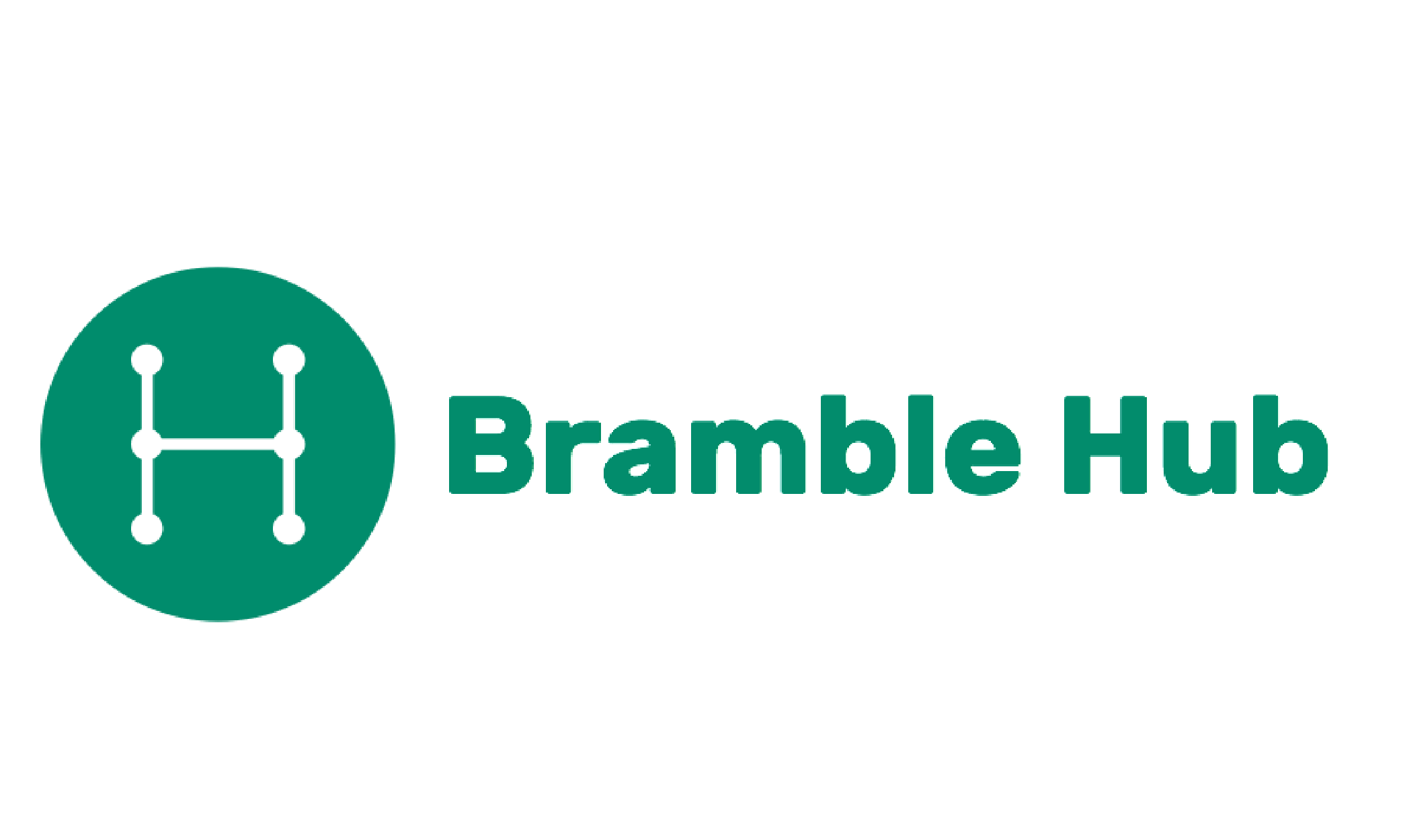We all talk about Collaboration, maybe now is the time to get serious about it

Whether it is about keeping your employees safe, ensuring financial sustainability or preparing the future business model, companies need to take the current momentum of collaboration and hardwire it further into the way they work.
We’ve just had the UK Government announce another three weeks of isolation, along with cautious messages about the likelihood of restrictions being lifted any time soon. Companies have taken decisive actions around remote working and reducing the impact of COVID-19 to their operations.
Yet, the risks get more complex and the dimensions of these risks more widespread. CEO’s and their teams are now balancing fighting for the financial security of their businesses as well as managing the implications of a new future. As well as the tactical actions of protecting their workforce and the sustainability of their business, leaders must now also work out how they engage with all their key
stakeholder groups in anticipation of the most complex and challenging economic environment any of us have ever worked in. As many have said, there is no playbook here. If ever there was a time to lean on the whole eco-system around you for answers, it is now.
In the past month or so, I’ve spoken many senior leaders, within clients, suppliers, across industries and from competitors. There has been an openness in these conversations that is unlike many I have had before. Less guardedness, more details being shared, people open to different ideas. Sharing and collaboration is growing across the business community and it is deeper and less partisan than it used to be. A great example of this has been the work of Paul Atkinson and Jude McCrory of the Scottish
Business Resilience
Centre, creating a whole suite of webinars sharing learning and good practices to thousands of business people. This is further being bolstered by coaching, mentoring and other
expert access. From my conversations, there have been common themes emerging, some from how companies reacted to previous financial crisis and some new emerging reactions, more connected with the modern, flexible organisation models of today. There has never been an outpouring of trust and collaboration across such diverse business communities. We believe this could set a new paradigm for opportunities and innovation as companies move forwards. CEO’s and their teams should focus their energies to keep this collaboration evolving over the next few months and embed a new level of shared and aligned working both within their organisations and across their stakeholder groups .
From my conversations, common themes sit across three main categories: 1) working together to ensure operational effectiveness 2) building sustainability for ongoing COVID-19
issues and 3) Re-imagining the future together:
Working together to secure operational effectiveness
Set up cross functional working groups to determine how the teams remain operational for the next two, three, six(?) months as we get to understand the new working environment. Trust your teams and your suppliers to each contribute into your operational excellence plans. Even better, get your clients involved. They will share their plans; stimulate your ideas and you will stimulate theirs. Lean in , and each group will emerge with better joined up thinking.
Share your challenges with your suppliers and ask for their response to helping you with your strategic goals. This is a time to build on the tactical actions you have taken and develop an eco-system that will be fit to sustain for the future. Most suppliers will understand that existing contracts are temporary, they will want relationships to Building sustainability for ongoing COVID-19 challenges Re-imagining the future together
In Summary
This COVID-19 challenge has already brought a more connected sense of community, both within organisations and across sectors. Increased trust, inspiration and collaboration has lifted spirits at a time of extreme difficulties.
Getting comfortable in your own skin to trust and empower your colleagues, as well as your entire eco-system, has shown it can improve decision making at the most critical moments.
Getting used to taking on other’s ideas will be a competence of future high performing companies.
Business models will change, all your colleagues are already sensing this. Engage with them for their views. They know their markets and roles better than you. One competitor has already reached out to us to co-fund a platform for the future. We are putting effort into exploring why that could be the right thing to do, rather than starting from a defensive position.
Whichever direction organisations take, their world will be more inter-connected than ever before. Leadership teams need to constantly crowd source ideas from across their entire eco-system, to validate and refine their road map . Take a risk and lean into your team, clients, suppliers and even your competitors. In turn, you will not only manage the tactical needs of this crisis, but you will help ensure your business adapts and you will take your community with you along the way.
grow and deepen long beyond the duration of an existing agreement. Explore with them how they can help and be open to deepening relationships on more than a financial basis.
The market is tough out there. Driving improved effectiveness and productivity with your resource base will be a major focus point. Even though most of your teams will now be working from home, make sure you are tracking productive performance and setting targets for improvement. Use virtual workshops to share learning and ideas across teams and include your clients and suppliers in these sessions. One business developed a way to remotely deliver their core IT Solution to a company in another continent, when they had only previously managed it on site. It ensured growth of revenue rather than losing momentum with their new client.
Focus on reducing noncritical activities in the short term. This will reduce costs and focus your resources on areas that will most add value. Be aggressive. If it is not essential, don’t do it for the next few months. Set a review point to consider restarting it, or not!
Trust your teams to work out how to sustain teams healthy and sustainability over the next two to four months. Don’t be a “parent” leader, be a coach. Set the task, ask them how they will continue to refresh and rebalance as workload flows lower or higher. Empower them and look forward to their plans. I bet they surprise you. It will allow you to start to think about the future.
Set up a cross team learning network to share ideas about the future . CEOs need to pull together a team to think about the future, as others are focussing on the present. One company has set up a “shadow board, to define their views of the “future model” for the business. They have created a task force of talented individuals at different levels throughout their organisation and this group has been tasked with defining what the market will be like, how competitors will be respond, what the operating model will be best to be competitive and are being asked to report to the Group Board with their views. This will be used to challenge and refine the company’s plans before they moved into their “new-normal”.
Explore with your eco-system of suppliers and competitors on sharing resources and future platforms. More than ever competitors are open to reducing their unit costs. It’s rare that shared services or tools cause differentiation, it much more about the people part of processes, so don’t be shy. We are finding competitors much more open to co-investment conversations than ever before. Bringing your shared suppliers and teams in and watch the emergence of ideas never previously proffered.
Stimulate cross party “future sessions” to imagine what the business model may be like in the future. How do they see systems, resourcing, culture, strategy, operating models as we emerge out of this? Stimulate all of your thinking through some inspiring shared conversations. It can only improve or validate your thinking.
-Martin Ewart
20th April 2020









